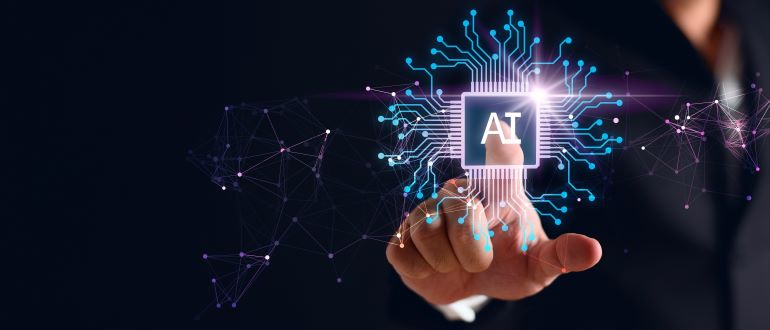
Employers may be enraptured by generative artificial intelligence (AI), but a broad swath of consumers remain skeptical.
Consumer mistrust in GenAI remains a major obstacle for most age groups: Nearly half (49%) of 500 people surveyed by market researcher KS&R found they were unlikely to buy AI-powered products, and only 15% are predisposed to do so.
Most people said they simply don’t see the need for GenAI in everyday products for other reasons as well — a lack of knowledge about the technology, and fears over its safety. The most common deterrent was lack of trust (22%), from teens to those over 50.
“The data show that despite the rush to enable consumer products with this GenAI technology, many consumers mistrust AI or have yet to see the value that it could bring,” Kathleen McKnight, vice president and principal at KS&R, said in a statement. “GenAI is clearly going to become a key component of many consumer products despite consumer reluctance, so, to shift consumer attitudes, consumer products companies will need to be transparent about how GenAI works and demonstrate the benefits it can provide.”
The so-called “adoption gap” boiled down to several common refrains, KS&R discovered. Among the replies: “I don’t think it’s working right yet. All hype” and “AI is only as good as the people who make/program it and I don’t necessarily trust them.”
Complicating matters, consumers were dubious of the opaque nature of AI, which they believe “feels like a black box” producing decisions without clear explanations and raising questions about reliability, fairness and transparency.
Ironically, AI may be a growing influence at the workforce, but in their personal lives many consumers remain unconvinced AI adds “meaningful value,” the survey said.
Indeed, the juxtaposition of what employers are doing with AI agents and nonwork use is jarring. An armada of tech companies — including Box Inc., Salesforce Inc., Microsoft Corp., ServiceNow Inc. and others in recent weeks — are rolling out AI tools to enhance productivity at a time when a large slice of their employees have reservations over GenAI in consumer goods.
Still, workplace adoption of AI seems inevitable. A McKinsey study concluded that 30% of work hours today can be automated by generative AI by 2030.
A recent IDC study commissioned by Microsoft revealed GenAI use surged to 75% this year, up from 55% in 2023, with companies seeing a $3.70 return for every $1 invested. Top leaders enjoyed even higher returns, with a return on investment (ROI) of more than $10. Companies are realizing value from AI deployments within 13 months, the study found, with the highest ROI in financial services.
Meanwhile, 56% of job seekers are using AI tools such as OpenAI’s ChatGPT and Google Gemini to burnish cover letters, according to Digital PR Agency Reboot Online. It analyzed applications to identify trends between AI- and non-AI cover letters.


